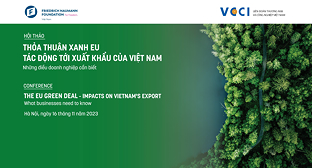Sri Lanka activated carbon maker expects stronger US demand
03/03/2008 12:00
"We would probably see the effect [of anti-dumping duties] towards the end of the year," Haycarb managing director Ananda Hettiarachchy.
It would take time for users to shift from mainly coal-based activated carbon to other types like coconut shell-based products, he said in an interview.
Activated carbon is used in gas masks, to purify water as well as in other industries like gold extraction.
The US and European governments have imposed countervailing or anti-dumping duties on imports of steam activated carbon from
Industry analysts have said that Chinese activated carbon manufacturers could lose their
The US Department of Commerce has charged Chinese steam-activated carbon manufacturers with dumping in the
This has helped US carbon manufacturers to operate their factories at full capacity and push prices up, Hettiarachchy said.
When
Hettiarachchy said the carbon already in use has to go out of service for coconut-based carbon to be used and regain market share.
He expects this to happen towards the end of 2008 as carbon can be usually re-used three times in purification processes.
The
Subsidizing occurs when a foreign government provides financial assistance to benefit the production, manufacture, or export of a good.
One of the
Source: www.lankabusinessonline.com
Các tin khác
- Textile and garment exports recovered positively (19/04/2024)
- Foreign steel imported en masse, manufacturers call for protection (19/04/2024)
- US targets Chinese steel with 'overcapacity' fallacy amid escalating trade tensions; move casts great uncertainty on stabilizing bilateral ties (19/04/2024)
- Thailand is considering implementing protective tariffs on imports from China (19/04/2024)
- Fruit and vegetable exports to RoK and Thailand surge (19/04/2024)
 Home
Home
 About Us
About Us




















